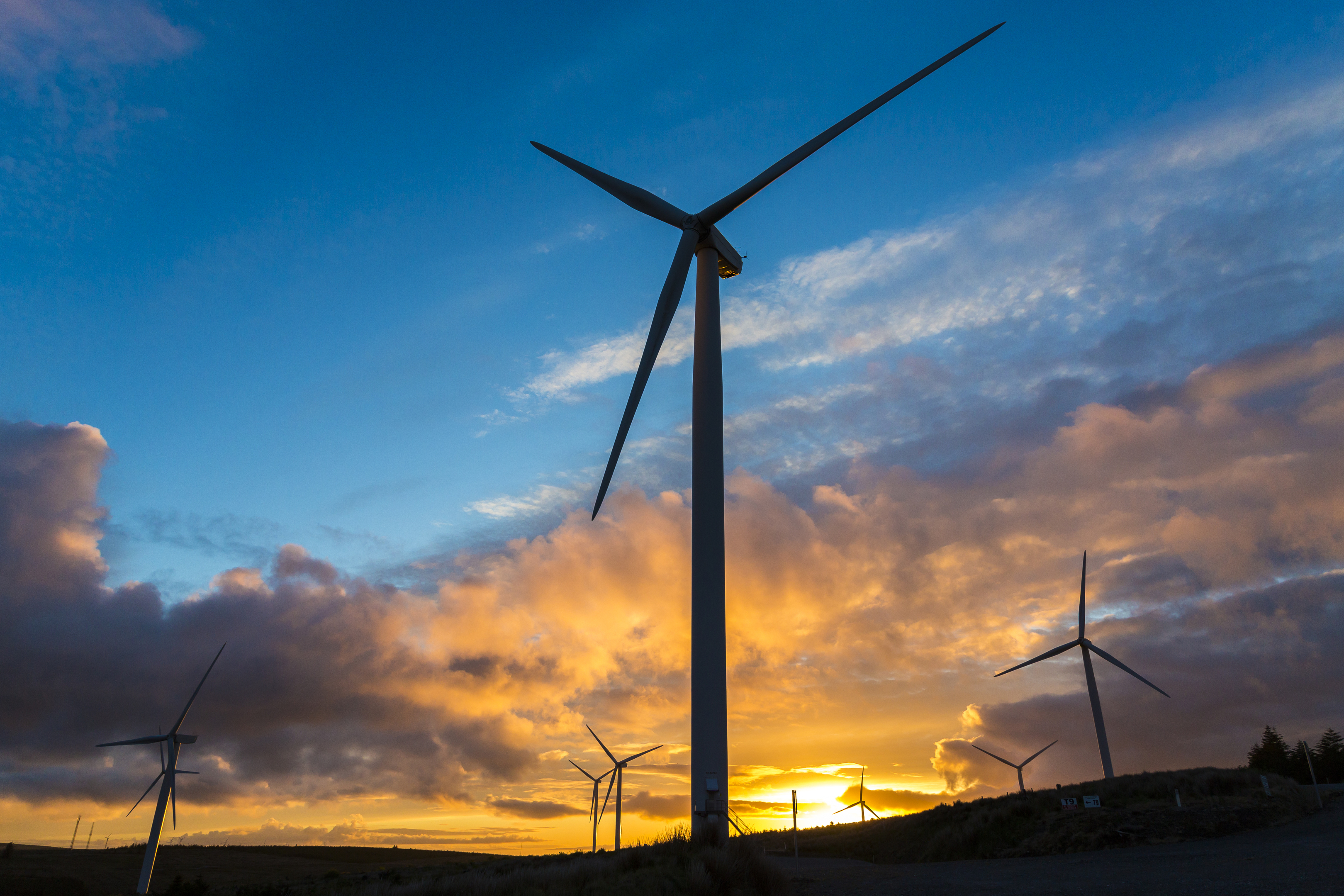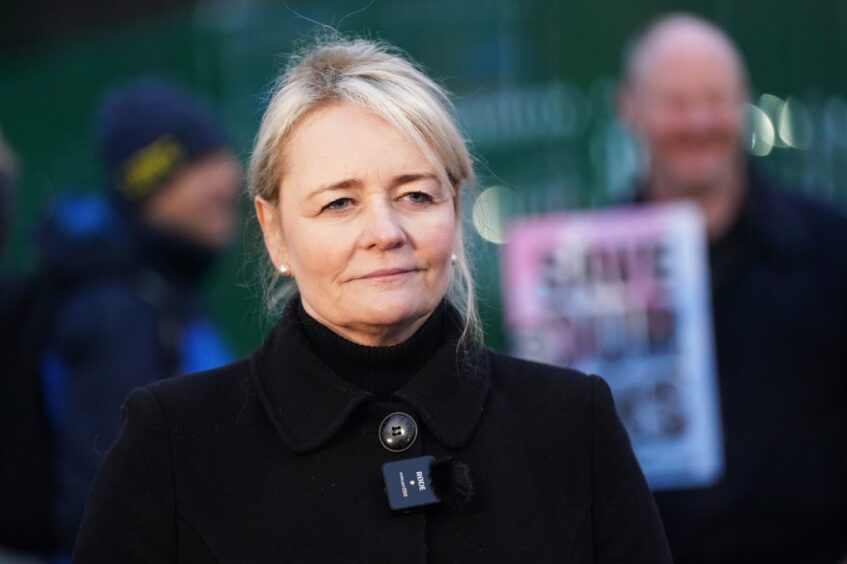
National Grid (LON:NG) reaped a 14% hike in underlying profit in the first half of 2024, prompting calls from the UK’s major union Unite for it to be nationalised.
The grid owner and operator was formed in 1990 as part of the privatisation of the UK’s electricity system.
Unite the Union claims that a nationalised transmission and distribution system could save £3.8 billion a year.
Last year, National Grid sold its electricity system operator (ESO) to government in a deal worth £630 million representing a part-nationalisation of electricity system assets.
In 2019, Labour proposed to nationalise National Grid, but the company said at the time that the move would delay investment in green energy.
In the six months to the end of September, National Grid made nearly £2.05 billion in underlying operating profit, up from £1.80bn during the same period last year.
Unite general secretary Sharon Graham said: “The profits raked in by the National Grid lay bare Britain’s broken energy system. Energy profiteers like National Grid are extracting cash for overseas’ shareholders through ever more expensive bills.
“It is time our energy infrastructure was brought back into public ownership so that the British people and economy benefit rather than foreign wealth funds.”
Underlying pre-tax profit at National Grid rose by more than a quarter to £1.44bn, up from £1.14bn a year ago.
This led to an 8% boost in earnings per share (EPS) for the half year to 28.1 pence, up from 25.9p for the first half of last year.
However, statutory losses at the company mounted during the half-year period, with pre-tax profit falling by half to £684m when accounting for remeasurements, major storm costs, timing and the impact of deferred tax.
The underlying profit figures reported today excluded the impact of deferred tax in its UK regulated businesses National Grid Electricity Transmission (NGET) and National Grid Electricity Distribution (NGED), National Grid said.
National Grid’s board has approved a “rebased” interim dividend of 15.84p per ordinary share to shareholders, adjusted in part to account for a £7 billion share offering the company made in June, which will be paid on 14 January 2025.
It expects underlying operating profit growth of 10% to be reflected in share earnings this financial year, but for the EPS compound annual growth rate to then fall back to 6-8% until 2028/29 due to the “additional share count”.
The union said the UK’s transmission and distribution companies “have used their monopoly concessions to make an average of £3.8 billion in net profits between 2019 and 2021”.
Campaign organisation Warm This Winter said companies such as National Grid have made over £450bn of profits since the start of the energy crisis.
Spokesperson Caroline Simpson said “profiteering” energy companies should “foot the bill” for a social tariff to help older and disabled people pay energy bills this winter.
Simon Francis, coordinator of the End Fuel Poverty Coalition, added: “National Grid is one of the private monopolies that add to our standing charges through their role in the energy system. We need reform of these charges so that we are no longer bankrolling companies to make excess profits while people shiver in cold damp homes.”
The National Energy System Operator (NESO) was formed following the 2023 Energy Act to act as the transmission system operator and aid the energy transition. The public corporation, spun out by National Grid and government, has a stated mission to engage stakeholders in the energy sector and operate the energy system.
National Grid’s chief executive John Pettigrew said today that the grid owner and operator’s investment hit a record £4.6bn in the first half of 2024.
“Over the last six months, the exciting momentum within National Grid has continued as we deliver an unprecedented step up in capital investment,” he said.
The grid operator said it plans to invest £60bn of cumulative capital in the next five years, as announced at the full-year results, and confirmed that it will sell National Grid Renewables and Grain LNG as it repositions itself as a pureplay networks business.
Work on 17 onshore and offshore transmission projects is “moving forward”, Pettigrew said today, adding that National Grid is “well progressed” in securing the supply chain.
“National Grid is delivering a new and exciting phase of growth with an attractive investor proposition underpinned by high quality asset growth, strong earnings growth and an inflation protected dividend,” Pettigrew said.
“We remain focused on playing our role in the energy transition and the responsible delivery of the new infrastructure required to enable the digital, electrified economies of the future.”
Recommended for you


 © PA
© PA